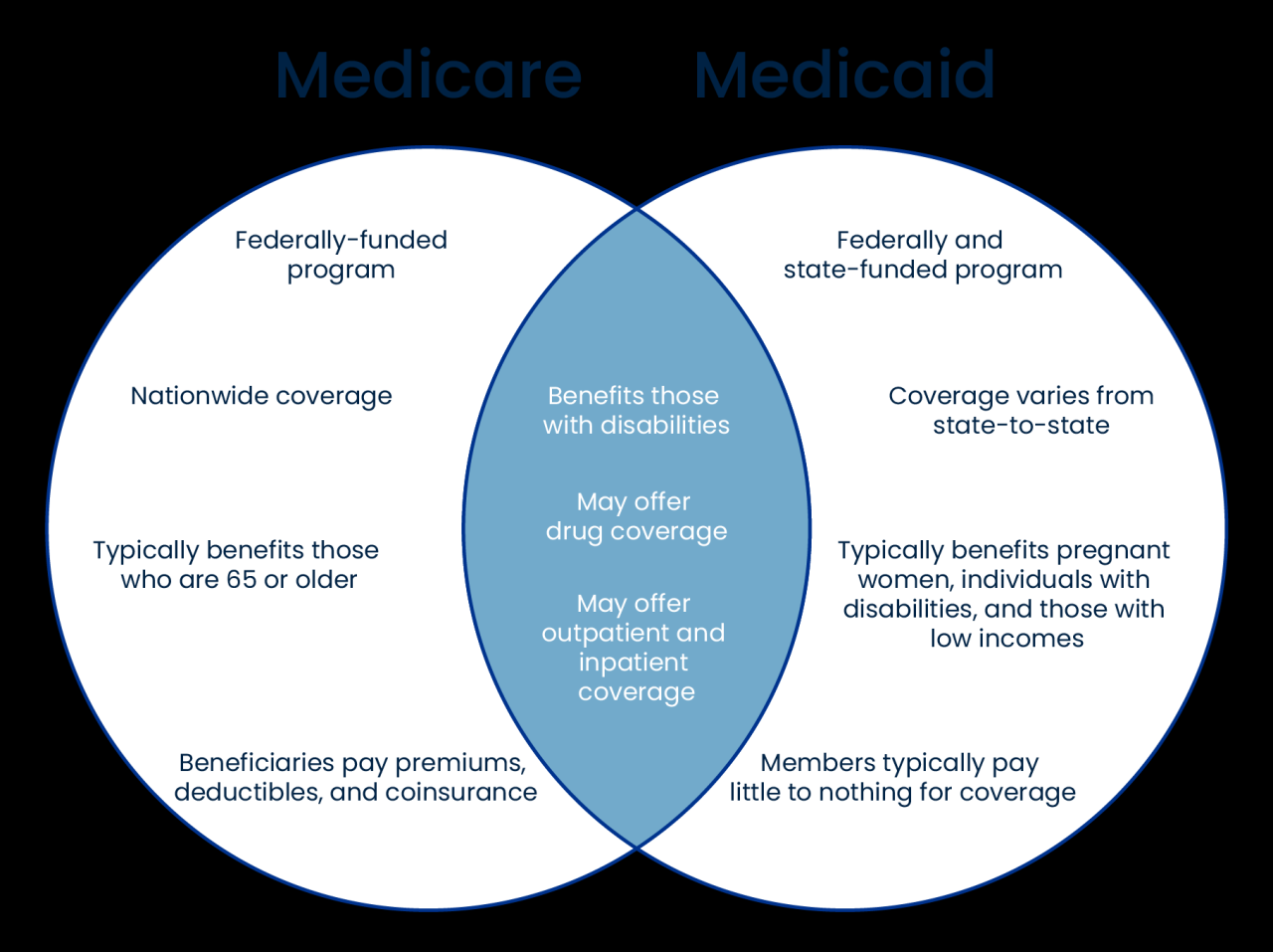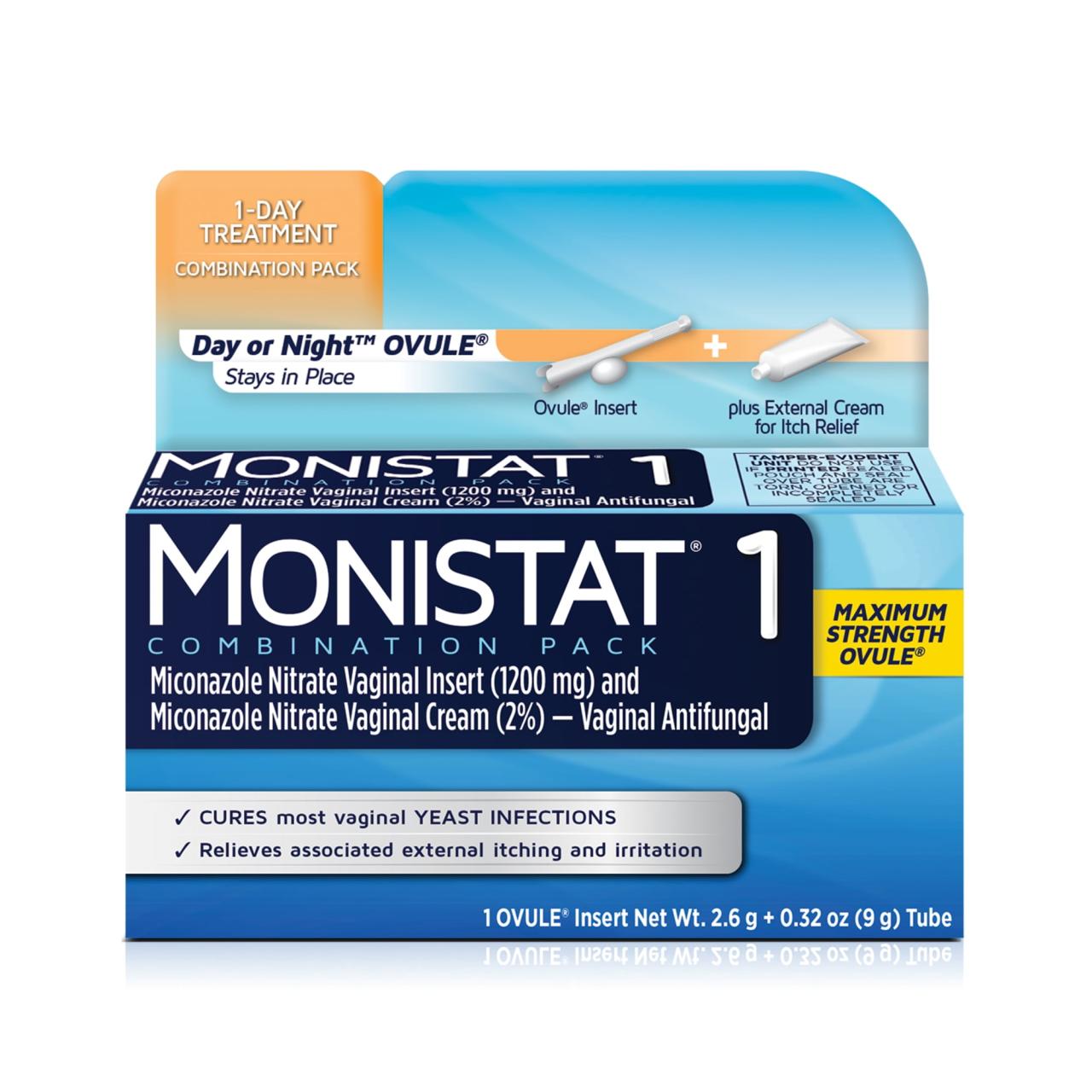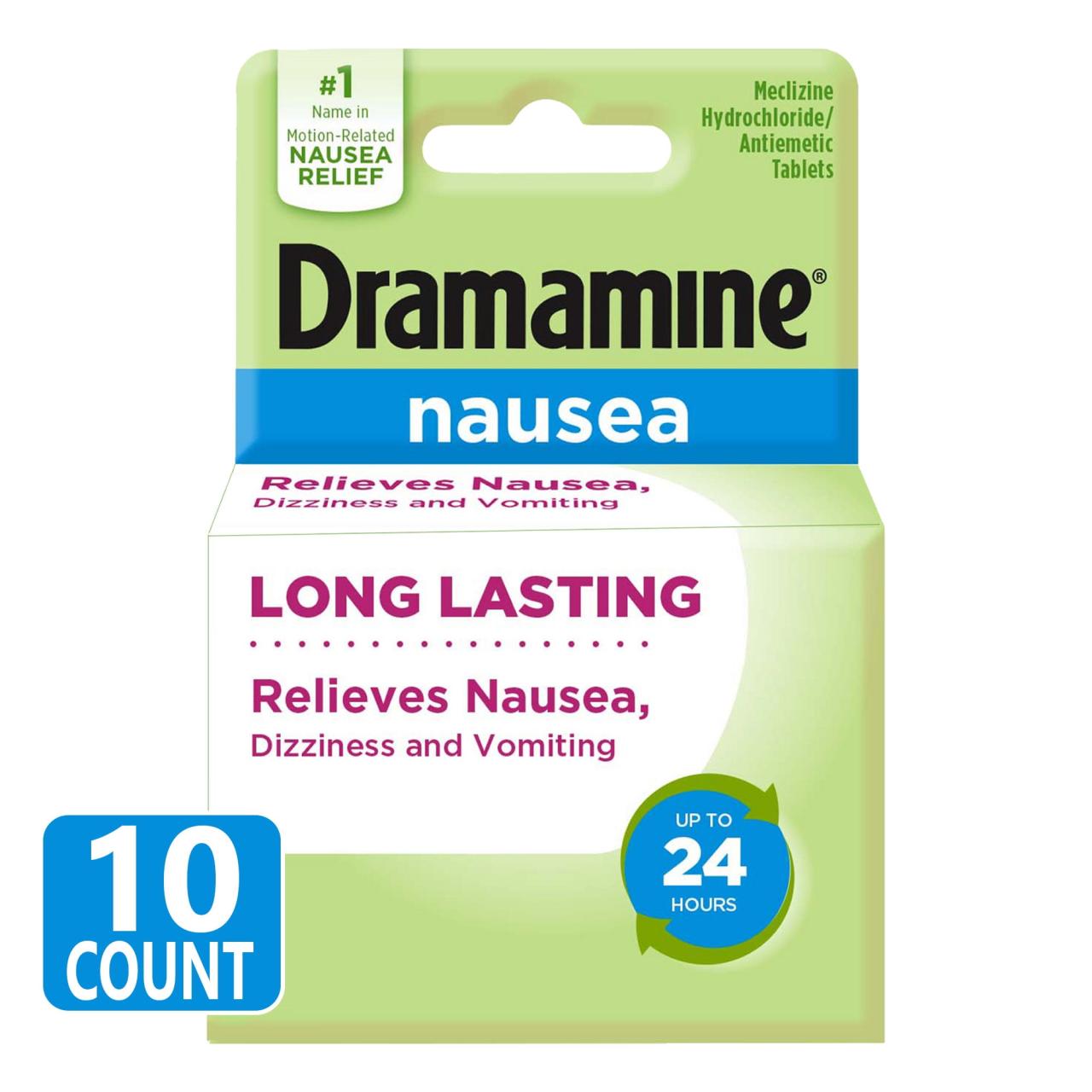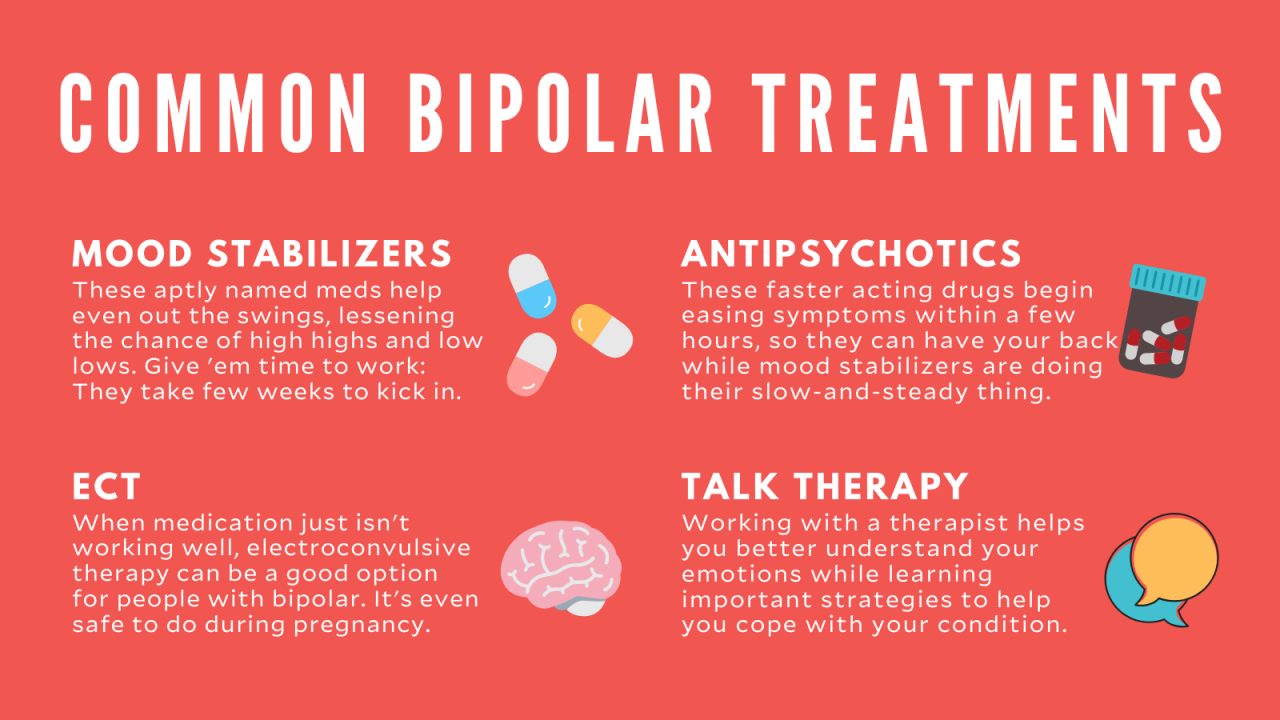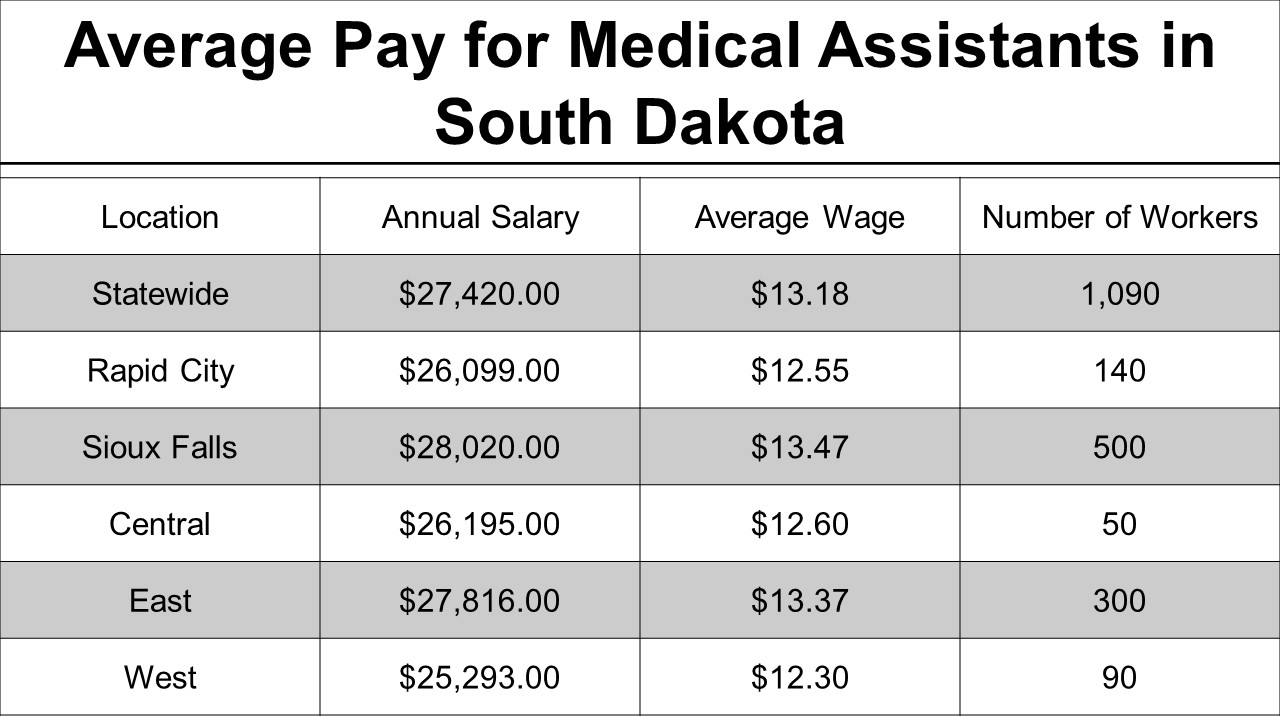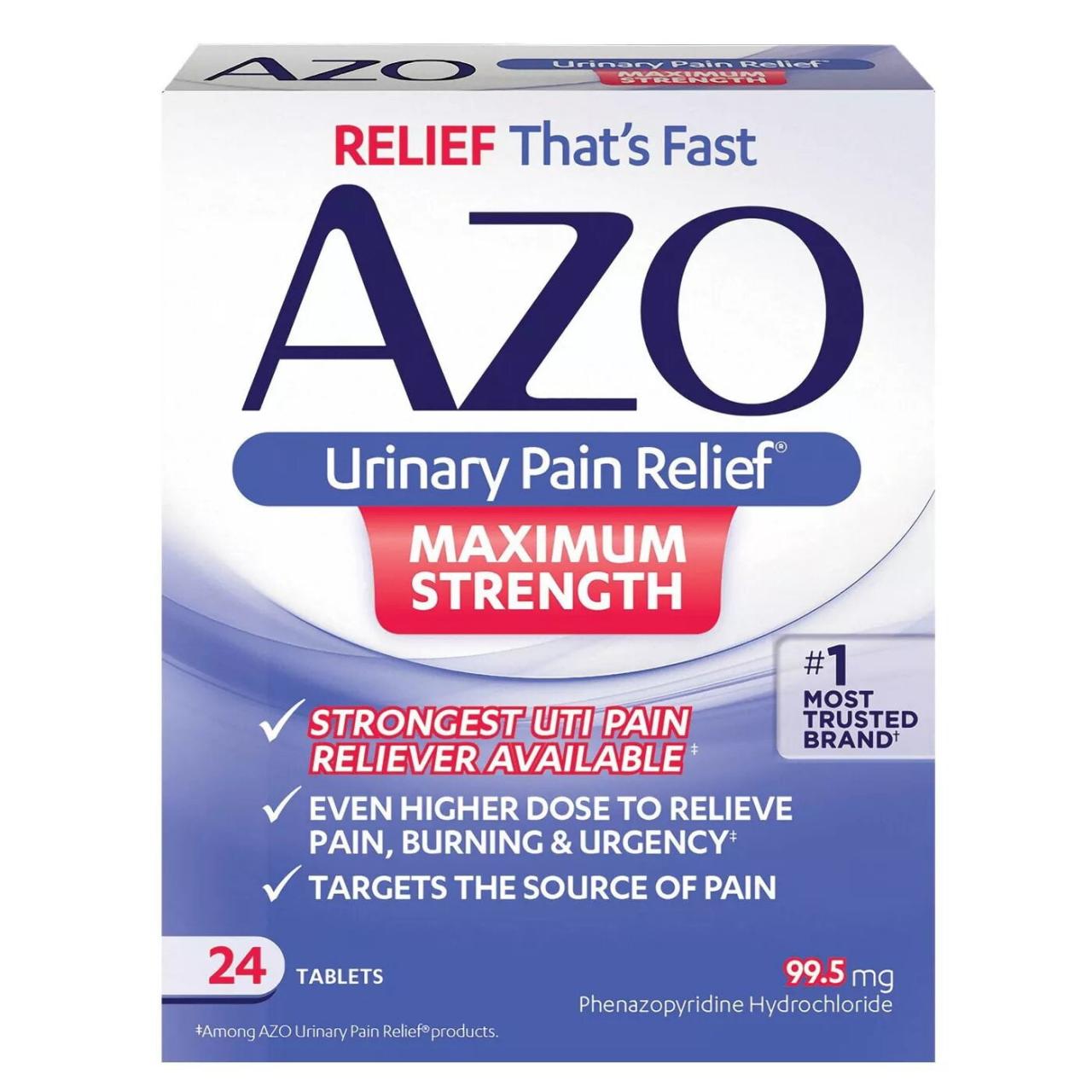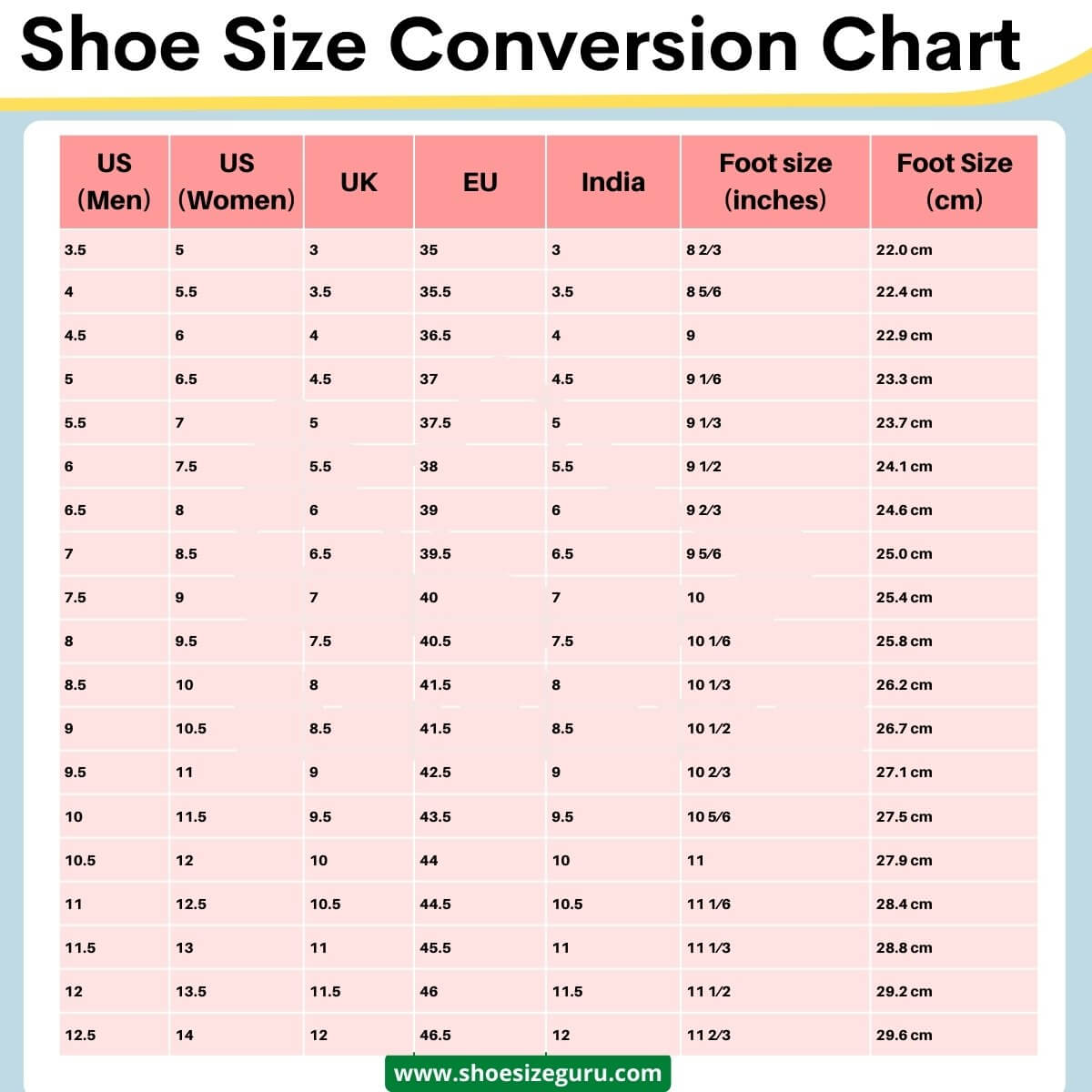Medicaid vs Medicare, two often-confused terms, represent distinct government-funded healthcare programs in the United States. Understanding their differences is crucial, as these programs impact millions of Americans’ access to healthcare. Medicare, established in 1965, provides health insurance for individuals aged 65 and older, while Medicaid, also established in 1965, offers healthcare coverage to low-income individuals and families.
This guide delves into the intricacies of these programs, exploring their eligibility criteria, coverage benefits, and impact on the healthcare landscape.
The differences between Medicare and Medicaid are significant, extending beyond their target demographics. Medicare is primarily funded through payroll taxes, while Medicaid relies on a combination of federal and state funding. The administrative structures also differ, with Medicare managed by the federal government and Medicaid overseen by both federal and state authorities.
These distinctions influence the benefits offered, the enrollment processes, and the overall impact on healthcare delivery.
Understanding Medicare and Medicaid
Medicare and Medicaid are two major government-funded health insurance programs in the United States. They provide health coverage to millions of Americans, but they differ significantly in their purpose, eligibility requirements, and benefits. Understanding the distinctions between these programs is crucial for individuals seeking healthcare coverage.
Medicare: A Comprehensive Overview
Medicare is a federal health insurance program designed to provide coverage for individuals aged 65 and older, as well as certain younger people with disabilities. It was established in 1965 as part of President Lyndon B. Johnson’s Great Society initiatives.
Medicare aims to provide access to quality healthcare for a population that is increasingly vulnerable to health issues due to aging.
Medicare Eligibility Criteria
To be eligible for Medicare, individuals must meet specific criteria, including:
- Being a U.S. citizen or permanent resident
- Being 65 years of age or older
- Having a qualifying disability, such as end-stage renal disease or amyotrophic lateral sclerosis (ALS)
- Having been diagnosed with Lou Gehrig’s disease
Medicaid: A Lifeline for Low-Income Individuals
Medicaid, unlike Medicare, is a joint federal-state program that provides health insurance coverage to low-income individuals and families. It was also established in 1965, alongside Medicare, as part of the Great Society initiatives. Medicaid is a vital safety net for those who cannot afford private health insurance, ensuring access to essential medical care.
Medicaid Eligibility Criteria
Eligibility for Medicaid is determined by a complex set of factors, including:
- Income level
- Family size
- Citizenship status
- Disability status
- Pregnancy status
Key Differences between Medicare and Medicaid: Medicaid Vs Medicare
Medicare and Medicaid, despite their shared origins, differ significantly in their structure, funding, and coverage. Understanding these differences is crucial for individuals seeking healthcare coverage.
Coverage Types
Medicare and Medicaid offer distinct types of coverage. Medicare provides four main types of coverage:
- Part A:Hospital insurance
- Part B:Medical insurance
- Part C:Medicare Advantage plans, offered by private insurance companies
- Part D:Prescription drug coverage
Medicaid, on the other hand, offers a broader range of coverage, including:
- Hospital and doctor visits
- Prescription drugs
- Mental health and substance abuse treatment
- Long-term care services
Funding Sources
Medicare is primarily funded through payroll taxes, while Medicaid is jointly funded by the federal and state governments. This difference in funding sources reflects the different objectives of the programs.
Administrative Structures
Medicare is administered at the federal level by the Centers for Medicare & Medicaid Services (CMS), while Medicaid is administered at the state level, with federal oversight. This difference in administration leads to variations in program implementation and eligibility criteria across states.
Federal and State Roles
The federal government plays a dominant role in Medicare, setting national standards and providing funding. In Medicaid, the federal government sets minimum standards, but states have significant flexibility in designing and administering their programs. This flexibility allows states to tailor their Medicaid programs to meet the specific needs of their populations.
Coverage Benefits and Limitations
Both Medicare and Medicaid offer a range of benefits, but they also have limitations. Understanding these benefits and limitations is essential for individuals making informed decisions about their healthcare coverage.
Medicare Benefits and Limitations, Medicaid vs medicare
Medicare Part A covers inpatient hospital stays, skilled nursing facility care, hospice care, and some home health services. Part B covers doctor visits, outpatient care, and preventive services. Part C, or Medicare Advantage, offers private insurance plans that provide coverage for all Medicare benefits, often with additional benefits, such as vision and dental care.
Part D provides prescription drug coverage.
Medicare has limitations, including:
- Deductibles:You may have to pay a deductible before Medicare begins to cover your costs.
- Co-payments:You may have to pay a co-payment for some services, such as doctor visits and prescription drugs.
- Pre-existing conditions:Medicare may not cover all treatments for pre-existing conditions, especially if the condition developed before you enrolled in Medicare.
Medicaid Benefits and Limitations
Medicaid offers a broad range of benefits, including:
- Hospital and doctor visits:Medicaid covers inpatient and outpatient hospital stays, doctor visits, and other medical services.
- Prescription drugs:Medicaid covers prescription drugs, although the specific drugs covered may vary by state.
- Mental health and substance abuse treatment:Medicaid covers mental health and substance abuse services, which are often not covered by private insurance.
- Long-term care services:Medicaid can cover long-term care services, such as nursing home care and home health services, for individuals who meet eligibility requirements.
- CHIP (Children’s Health Insurance Program):CHIP provides health coverage to children in families that earn too much to qualify for Medicaid but cannot afford private insurance.
Medicaid has limitations, including:
- Income eligibility:You must meet specific income and asset requirements to qualify for Medicaid.
- Asset restrictions:You may have to sell some of your assets to qualify for Medicaid.
- Coverage variations:Medicaid coverage varies by state, so the specific benefits and eligibility requirements may differ depending on where you live.
Accessing and Managing Coverage
Enrolling in and managing Medicare and Medicaid benefits involves distinct processes. Understanding these processes is essential for individuals seeking healthcare coverage.
Enrolling in Medicare
Individuals can enroll in Medicare during a seven-month period known as the Initial Enrollment Period (IEP), which begins three months before their 65th birthday, includes their birthday month, and ends three months after their birthday. Individuals can also enroll in Medicare during a special enrollment period (SEP) if they miss their IEP or experience a qualifying life event, such as losing job-based health insurance.
Managing Medicare Benefits
Once enrolled in Medicare, individuals can manage their benefits through the Medicare website or by contacting the Medicare helpline. Individuals can access information about their coverage, find providers, and manage their claims online or by phone. They can also receive personalized assistance from a Medicare counselor or enrollment broker.
Applying for Medicaid
Individuals can apply for Medicaid through their state’s Medicaid agency. The application process typically involves providing information about income, assets, and family size. States may also require documentation, such as proof of citizenship or residency.
Managing Medicaid Benefits
Once approved for Medicaid, individuals can manage their benefits through their state’s Medicaid agency. They can access information about their coverage, find providers, and manage their claims online or by phone. Individuals may also be able to access other resources, such as case management services or transportation assistance, through their state’s Medicaid program.
Impact on Healthcare Delivery
Medicare and Medicaid have a significant impact on healthcare delivery in the United States. They shape healthcare costs, access, and the behavior of healthcare providers and hospitals.
Impact on Providers and Hospitals
Medicare and Medicaid are major payers for healthcare services. Providers and hospitals rely on these programs for a significant portion of their revenue. The programs’ payment policies and regulations influence how providers deliver care and the types of services they offer.
Impact on Healthcare Costs and Access
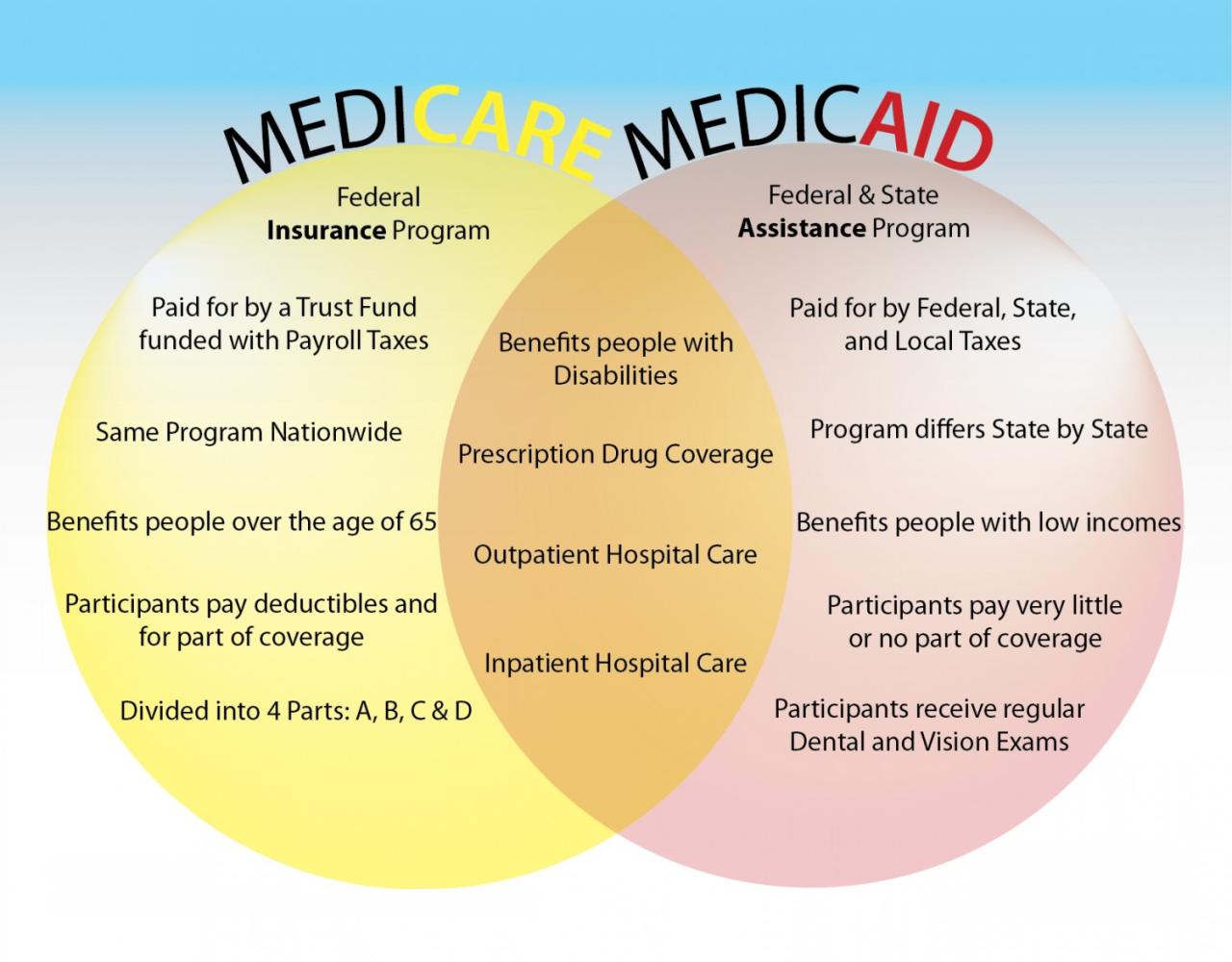
Medicare and Medicaid play a critical role in shaping healthcare costs and access. They provide coverage for millions of Americans who might otherwise lack access to essential medical care. The programs also influence the prices of healthcare services, as providers must negotiate with them to ensure payment for their services.
Challenges and Opportunities
Medicare and Medicaid face challenges, including rising healthcare costs, an aging population, and increasing demand for services. However, these programs also present opportunities to improve healthcare delivery and expand access to care.
Epilogue
Navigating the complex world of Medicare and Medicaid requires careful consideration of individual needs and eligibility. Understanding the distinctions between these programs empowers individuals to make informed decisions about their healthcare coverage. As we move forward, ensuring equitable access to quality healthcare for all Americans remains a critical challenge, and these programs play a pivotal role in addressing this complex issue.


